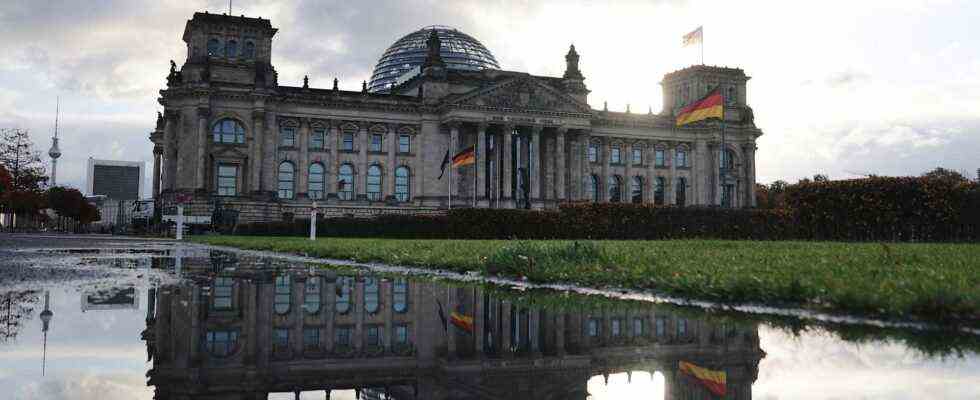comment
Status: 26.09.2021 11:27 p.m.
The strange election campaign turns seamlessly into a struggle for coalitions. Now it depends on who is best able to compromise and make concessions.
What a strange election campaign that was – and now it is ending with this memorable result. Nobody can be really happy with the outcome of this federal election. The stalemate between the Union and the SPD makes the formation of a viable coalition government even more demanding than was expected anyway. The tone will not be set by those who have the broadest vote behind them. But the one who can best compromise and make concessions to those he needs for political survival.
At the same time, the voters also gave the lie to all those who wanted to make this Bundestag election a directional decision, some even about the last exit before the catastrophe.
The Chancellery is fought for, not inherited
What a debacle for the Union: It too has now shrunk to normal as the last major people’s party – and has to learn what it means if the chancellor bonus is no longer available. The highest office in government is not inherited from within the party, but has to be fought for – Armin Laschet recognized that much too late, if at all. He was not the candidate a large majority of Germans would like to entrust the Chancellery to. Add to this the endless staff squabbles in the Union and the domestic competition from Markus Söder that borders on sabotage: You can’t win an election like this.
Scholz like Merkel
Then the SPD. Your almost breathtaking race to catch up in the past few weeks started from an all-time low in the polls, we mustn’t forget that. Nevertheless, it is remarkable how much Olaf Scholz was able to mobilize the social democratic potential in the country. As predictable as Angela Merkel, Scholz arrived with a statesmanlike habit that stands above the political agitations of the day. Nevertheless, the jubilation remains muted in the SPD: Scholz did not manage the clear distance he had hoped for from the Union – but at least averted the fall of his SPD into insignificance.
And the greens? Like the Union, they too had opted for party reasoning rather than popularity – and with Annalena Baerbock they had entered the race, who is clearly inferior to her co-chairman Robert Habeck in rhetorical terms and in government experience. And now the Greens come in a respectable third place – that is not little, but much less than hoped. The “now or never” rhetoric of the Greens, Baerbock’s mantra-like evocation of a historic turning point in politics, did not get caught.
Because voters are reluctant to be put under pressure. They have become more autonomous, are leaving their traditional party milieus and making short-term decisions. Nobody really convinced her in this choice; and that’s why nobody got a clear assignment for the Chancellery. So the strange election campaign continues as a struggle for coalitions.
Comment: A strange election campaign, a vague result
Lothar Lenz, ARD Berlin, September 26th, 2021 11:14 p.m.
Editorial note
Comments generally reflect the opinion of the respective author and not that of the editors.

